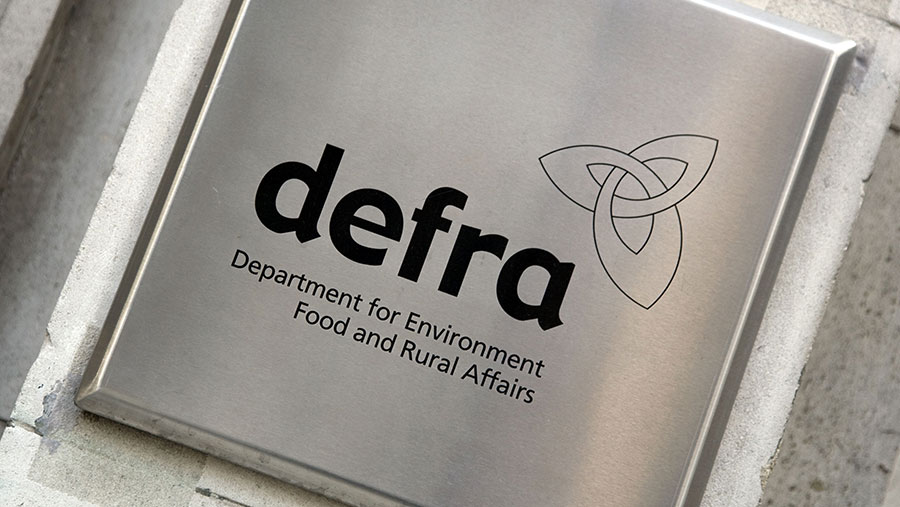Disease surveillance fears after Defra agrees budget cut
 © Jeff Blackler/Rex Shutterstock
© Jeff Blackler/Rex Shutterstock Defra is one of four government departments to agree spending cuts averaging 30% over four years.
The proposed cuts have led to fears from vets over the future effectiveness of the UK’s disease surveillance programmes, possibly putting the country at greater risk of serious outbreaks.
The deal comes ahead of this month’s comprehensive spending review, which is due to be unveiled on 25 November.
A source within the agency stressed that the 30% figure was across four government departments and suggested the final amount would be lower for Defra.
However, the department has refused to confirm the exact amount that will be cut from its coffers.
See also: Defra can deal with budget cuts, says Truss
The government departments which have agreed to cuts ahead of the spending review are Defra, transport, local government and the Treasury itself.
Budget priorites
Chancellor George Osborne set out his priorities for the review in a speech at Imperial College, London, on Monday (9 November).
“There is no economic security, there is no national security, there is no opportunity, when you lose control of the public finances,” he said.
“It is only when you control spending, and live within your means, that you can build a country with security and opportunity at its heart.”
Mr Osborne added: “We’re not making savings for savings’ sake; we will make savings for a purpose – to deliver a better, more secure life for our citizens.”
“We’re not making savings for savings’ sake; we will make savings for a purpose – to deliver a better, more secure life for our citizens”
George Osborne, chancellor of the exchequer
Cuts of 25-40%
Government departments have been told to prepare for cuts ranging from 25-40% over the next four years through efficiency savings and reduced expenditure.
The four departments will reduce spending by an average of 8% a year over four years – which is equivalent to about 30%.
‘Working more closely’
Last month, Defra secretary Liz Truss suggested her department could make savings by encouraging its agencies to work more closely together.
At the moment, for example, the Environment Agency and Natural England still have their own human resources, finance and IT systems.
“There is a big opportunity for us to put those back offices together and work more closely together so we are actually delivering things better on the ground,” said Ms Truss.
There was a lot of opportunity to reform Defra and deliver better services, she added.
“I think there really has been too much debate about ‘do we close this organisation or department?’ Instead we should look at what we do and what is the best level to do it.”
Some decisions should be made more locally, Ms Truss suggested. Organisations such as internal drainage boards and river authorities should take on more responsibility, she added.
But some organisations believe another round of cuts is a step too far – and will have an impact far beyond back office functions.
Disease surveillance threat
Sean Wensley, president of the British Veterinary Association, said the spending review threatened to have “massive implications” for animal health and agriculture.
“Our major concern is that more cuts in these areas could further erode the UK’s preparedness for a disease outbreak, which could have massive implications for animal and human health, animal welfare and the reputation of UK agriculture”
Sean Wensley, British Veterinary Association
“In recent years we have already seen the impact of significant cuts to Defra’s budget on veterinary fees for TB testing and other official veterinarian services and on disease surveillance,” he said.
“Our major concern is that more cuts in these areas could further erode the UK’s preparedness for a disease outbreak, which could have massive implications for animal and human health, animal welfare and the reputation of UK agriculture.”
Ms Truss had repeatedly said animal health and welfare was a government priority, explained Mr Wensley.
He added: “We would urge Defra to protect animal health and welfare budgets relative to other areas of spend and ensure that short-term savings do not lead to serious adverse consequences in the longer term.”
